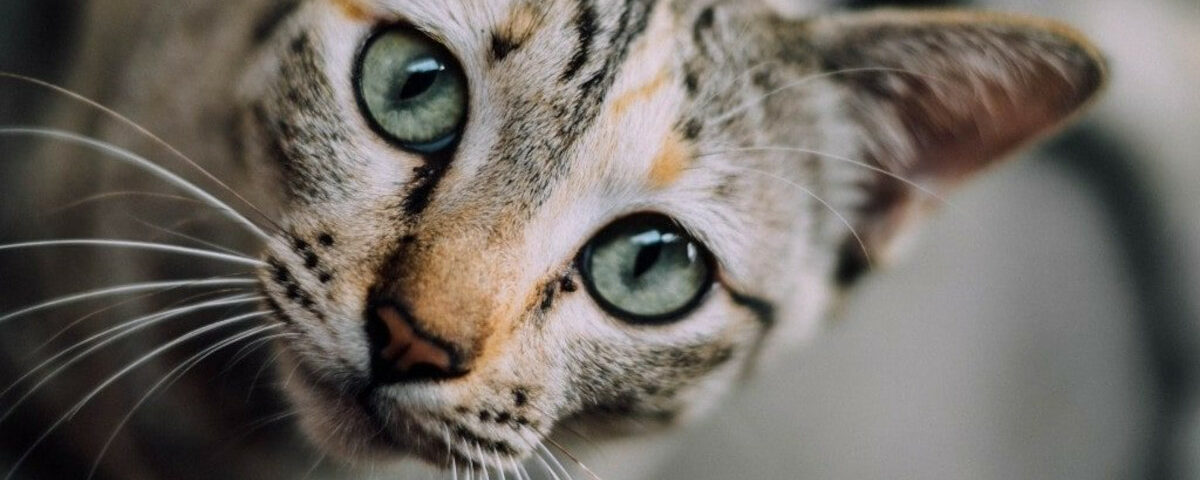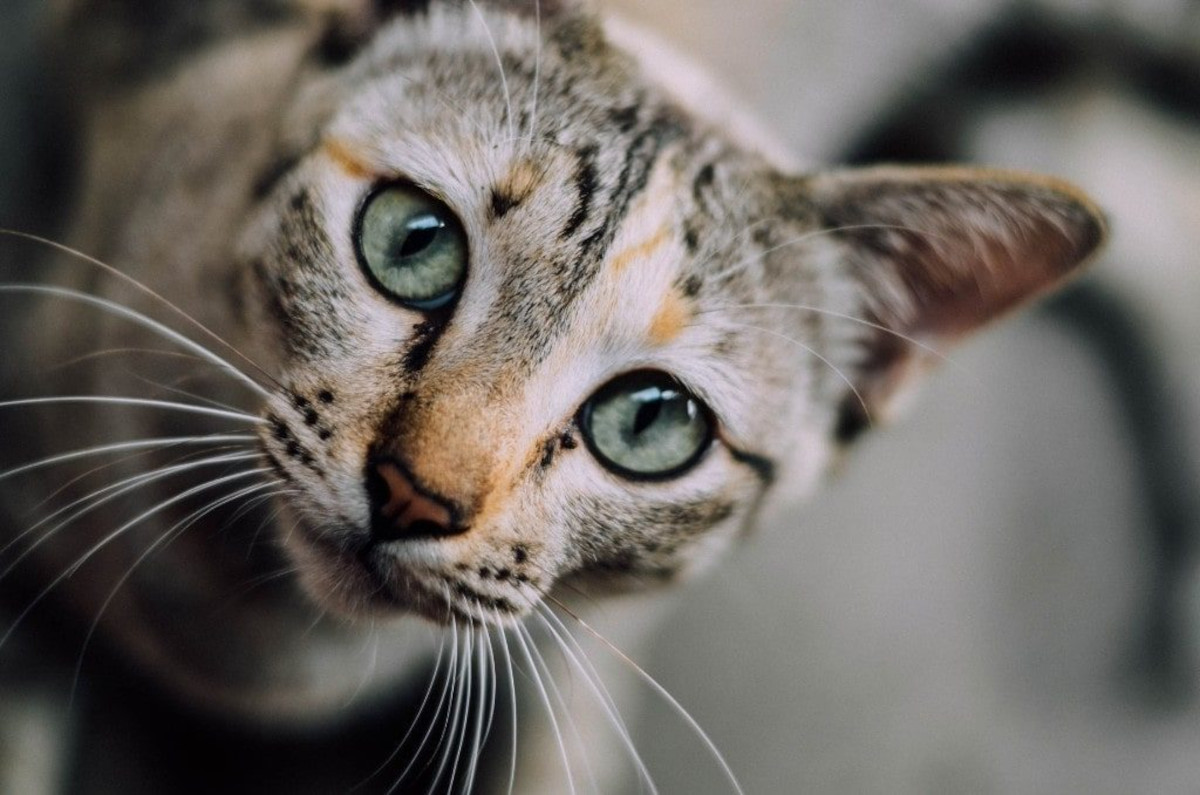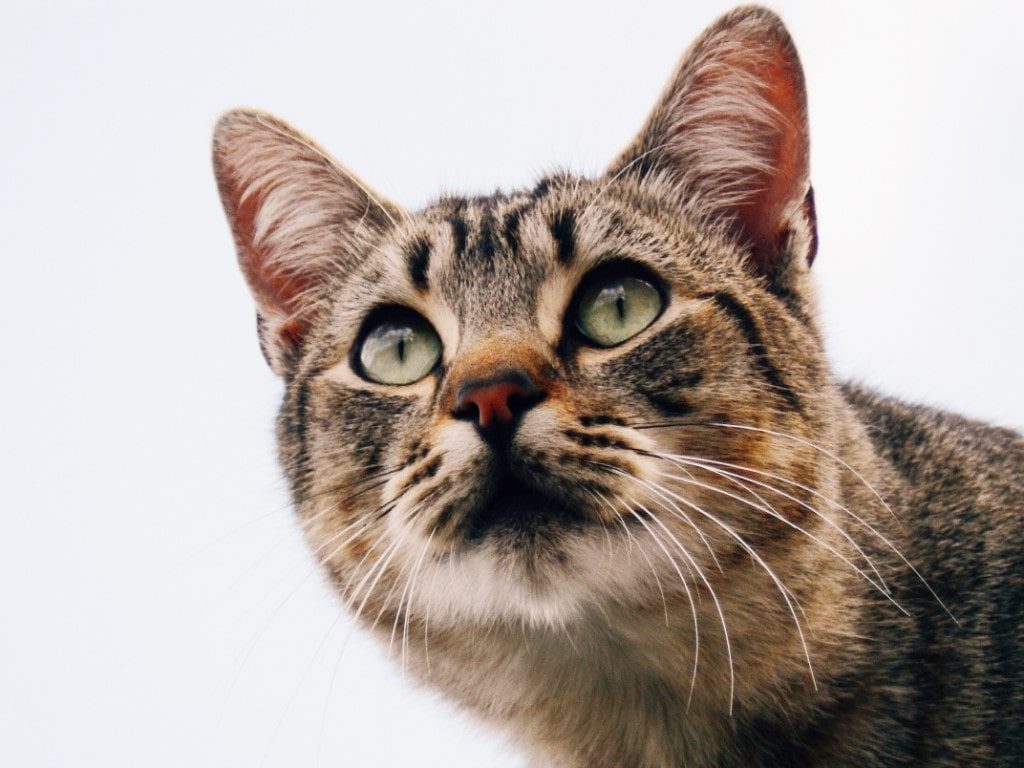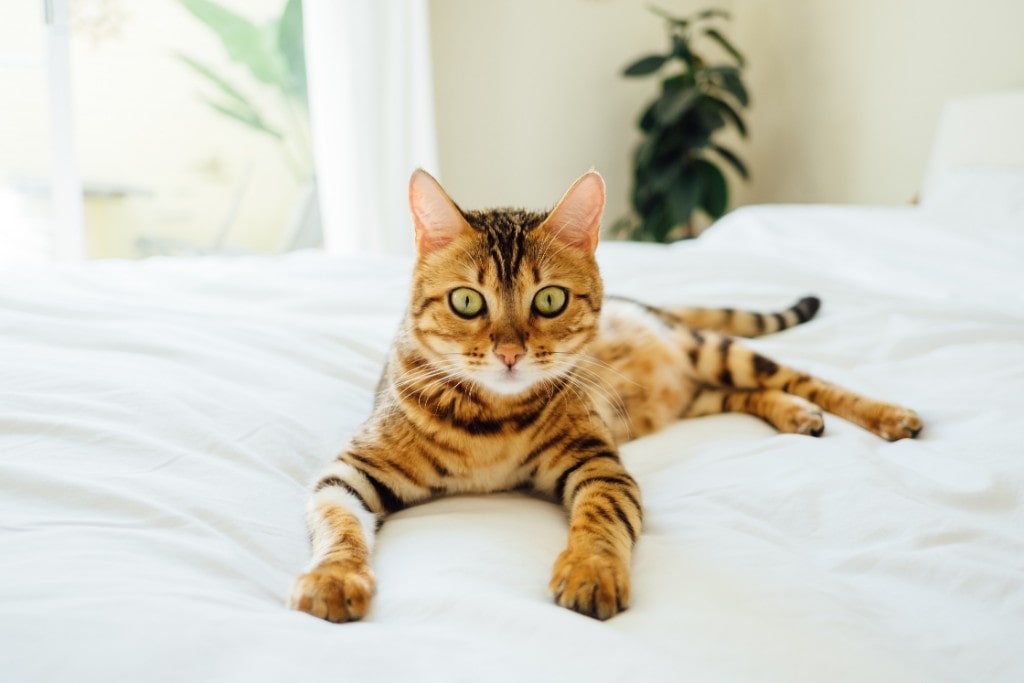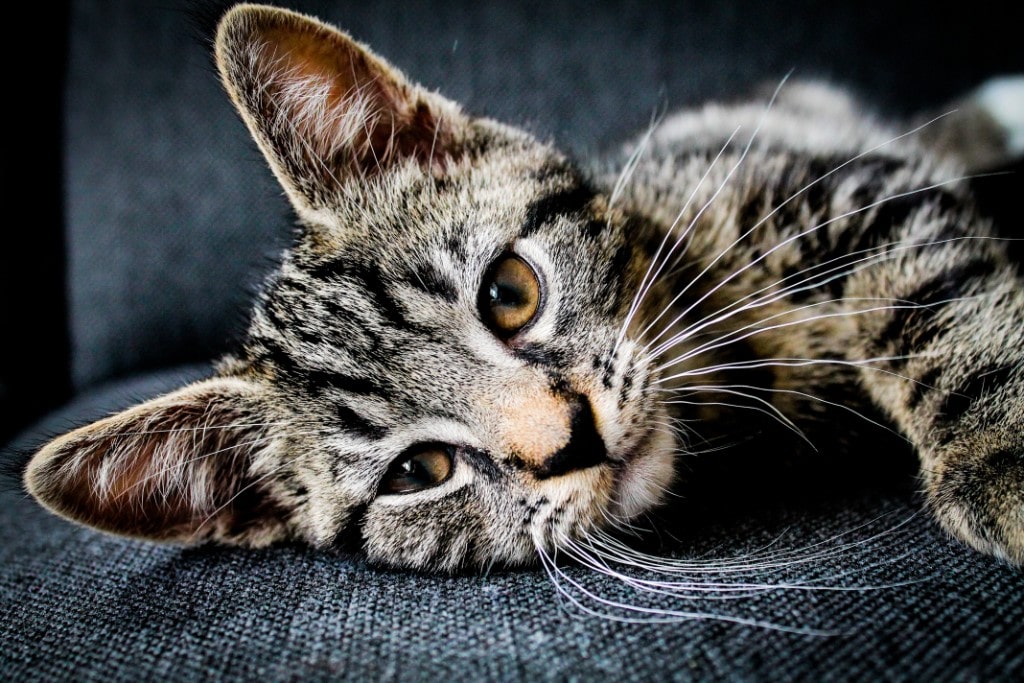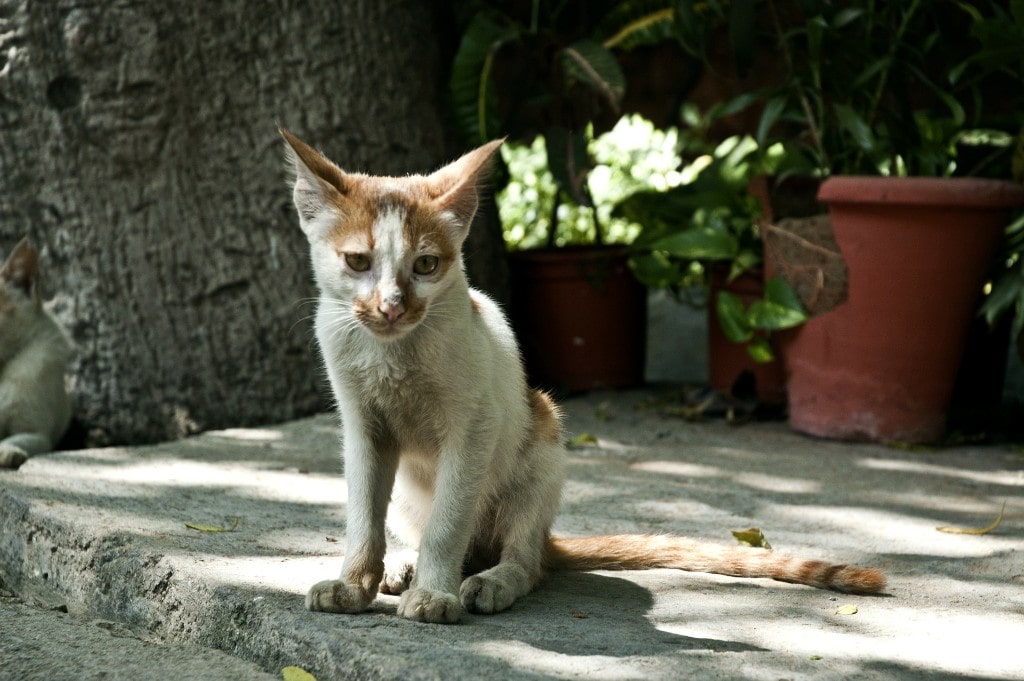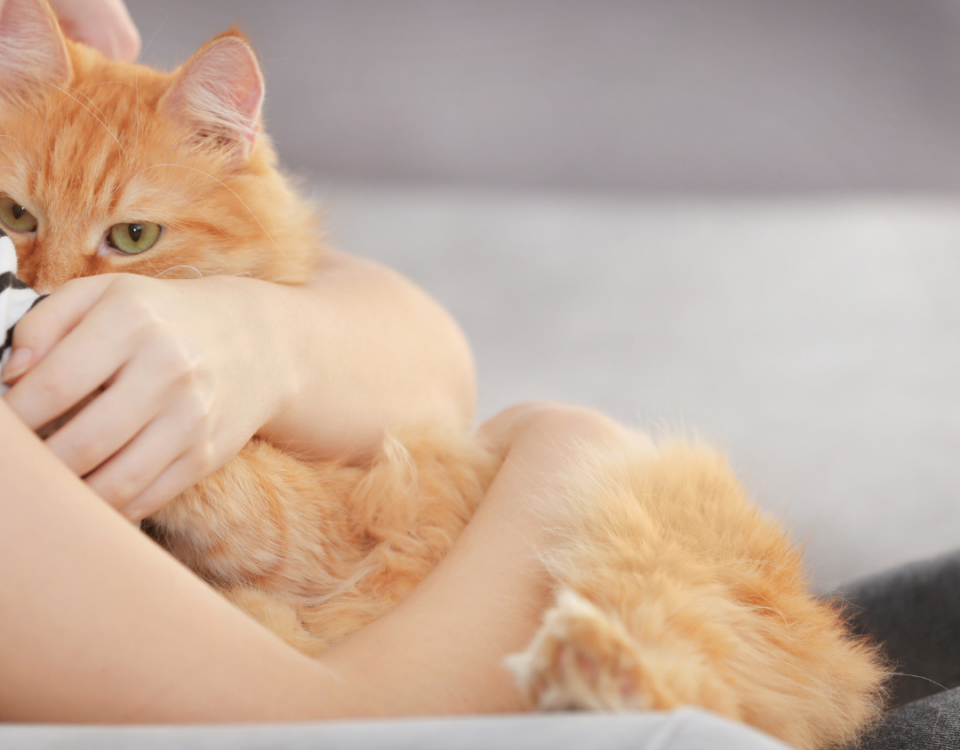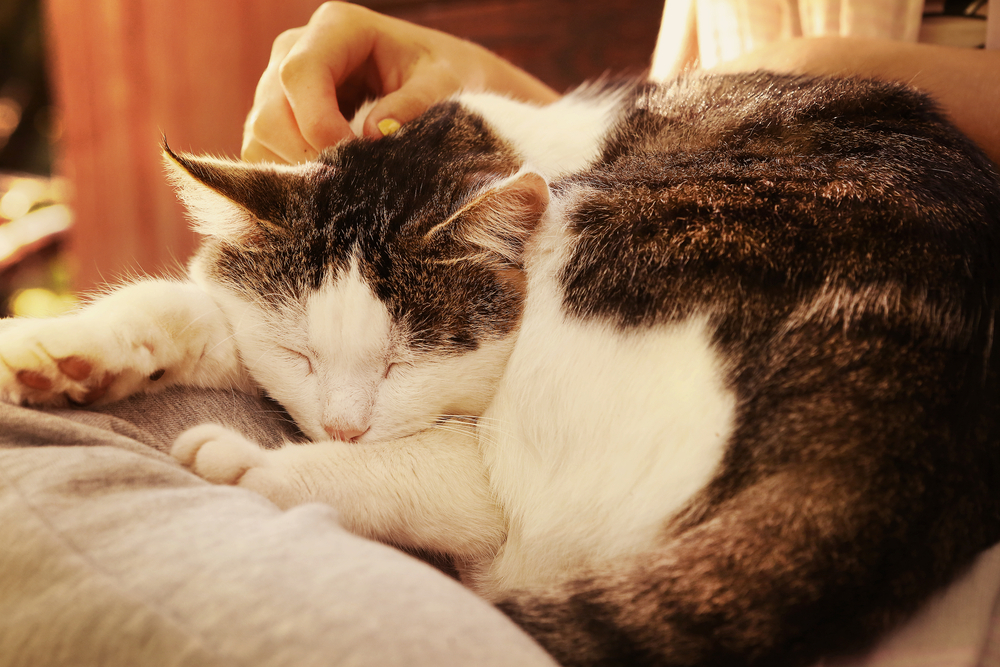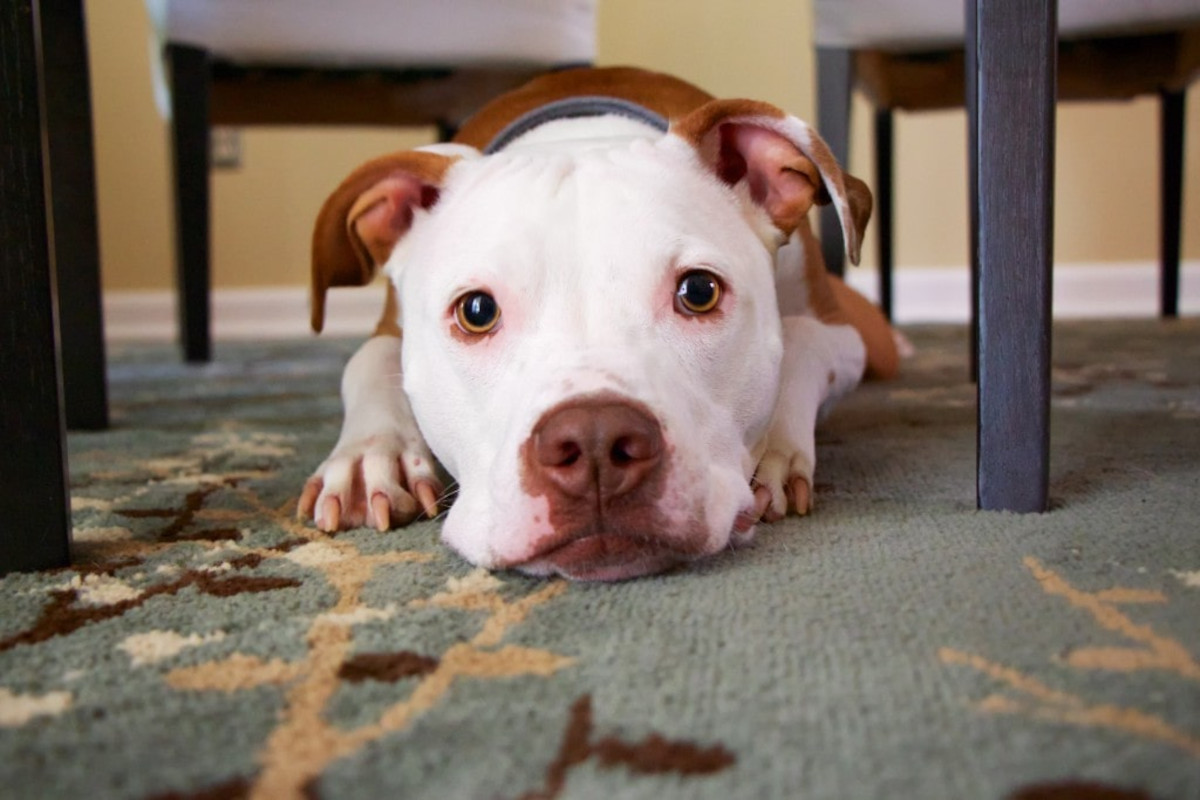
Is Your Dog Weak And Lethargic? Here is Why
January 3, 2019
Rapid Weight Loss In Dogs. Here Are The Probable Reasons And Warning Signs.
January 14, 2019Sudden weight loss in cats can be a sure sign of a fundamental medical issue. It occurs when more calories are used than are spent. When your cat is essentially healthy a little weight loss is no cause for concern. But there are a range of disorders that need to be checked out by your vet to prevent your cat from becoming seriously unwell. To find out more about sudden weight loss in cats – probable reasons and warning signs read on…
Regular Weight Checks
Getting to know your cat’s normal body weight is an ideal start. Running your hands over the body on a weekly basis will enable you to feel the body condition. And you’ll be more alert to any significant changes.
You can also buy scales that will make tracking weight much more effective. Wireless monitors that attach to the litter tray and send data to your smartphone. Or those that go under the cat bed automatically weigh your cat and send details to your smartphone are perfect examples of modern technology.
Rule Out the Normal Possibilities
There are several everyday reasons that could be the cause of weight loss in cats. This could be something as simple as more than one cat competing for food and resulting in underfeeding. A visually impaired cat may not be able to reach food bowls that are actually inaccessible. And an inability to smell may affect the appetite.
Stress caused by household changes can also have a negative effect. So, if your cat is older changes in your work schedule, feeding times, or the addition of a new baby may all cause disinterest in eating.
If your cat has been on a weight loss diet to combat obesity, continuing this after the ideal weight has been achieved will contribute. Feeding your cat the correct amount of the right food is essential for health and well-being.
Be Aware of Diseases
Rapid weight loss in cats can become more common as your cat ages. However, weight loss in cats with a good appetite doesn’t rule out disease. Certain conditions can actually increase the appetite whilst the weight still decreases. Other causes of the weight loss could be:
Kidney Disease
Many older cats will suffer from chronic kidney disease where the kidneys start to deteriorate. Weight loss is just one of the symptoms that indicate kidneys are failing.
Heart Disease
Damage to the heart that occurs over a period of time results in ventricles becoming thickened or scarred. This interferes with the normal heart function and can lead to congestive heart failure. Weight, diet, and physical activity all play a part in the development of feline heart issues.
Endocrine Disease
Hyperthyroidism is one of the disorders that increases appetite but the weight is lost due to the too much thyroid causing an increase in metabolism. Diabetes results from a lack of insulin produced by the pancreas, or an abnormal release of insulin – both causing the body to break down the fat and protein stores, and resulting in significant weight loss.
Respiratory Disease
A respiratory tract infection can be the cause of interference in your cat’s ability to smell. This can lead to a disinterest in food, and consequently, weight loss. Feline asthma can cause abnormal tissue growth. And primary tumours of the lung. Both related to weight loss.
Gastrointestinal Disease
Inflammatory bowel disease ultimately causes an increase in the number of inflammatory cells in the digestive tract lining. This will contribute to a compromised immune function.
One of the most common causes of weight loss in older cats is GI lymphoma which is an incurable form of cancer. This has been linked to inflammatory bowel disease as changes evolve to cancerous cells which progress to lymphoma of the gastrointestinal tract.
Arrange a Vet Appointment
Your vet will want to conduct a comprehensive health assessment, followed up with a range of diagnostic tests. These will establish the reason for the weight loss and will include:
- A complete blood count to rule out infection, inflammation, and anaemia
- A biochemical profile to measure liver, kidney, and pancreas function
- Hormone tests to eliminate endocrine disorders
- X-rays to look for heart, lung, and abdominal defects
- Urinalysis to define any protein loss from the kidneys and to determine hydration
Once these tests have been completed your vet will then recommend the appropriate treatment. This may mean a diet full of vitamins and minerals, nutrients given intravenously, or even surgery.
Gentle At-Home Euthanasia
Sadly, putting your cat to sleep may be your final option. You’ll get all the help and support you need from your trusted vets. The procedure will be fully explained to you. And you can ask as many questions as you like. The vet will administer a gentle sedative followed by an anaesthetic that lets you cat pass away peacefully. You can make all of the aftercare arrangements in the peace of your own home.

